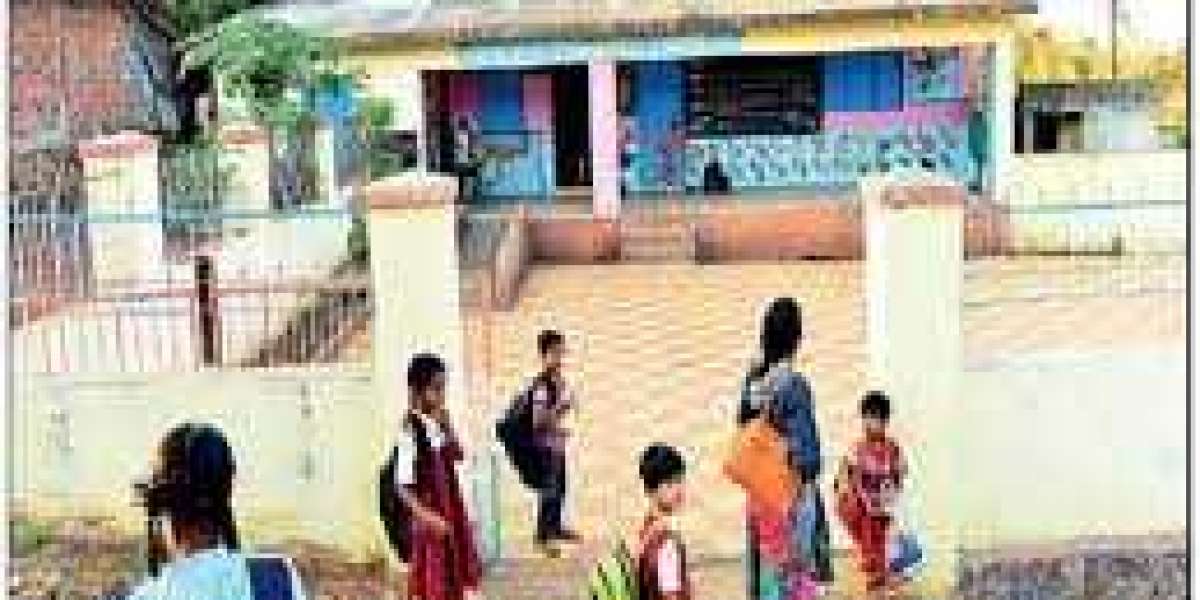Like many students of Ashina village, comprising mostly of zari artisans, tailors and farmers, who cannot afford computers or mobile phones for online classes and even depend on schools for their books, Sanjina’s education had all but stopped.
Her parents were aware that students in the city were pacing ahead with online tuitions and classes but there was little that they could do. The artisans were continuously coming back home after losing their jobs and there was little or no work for anyone.
According to the West Bengal government’s data, 1.3 million migrant workers employed in other states have returned to the state between March and end of June. But activists claim that the number is much higher.
Since July, Ashina Gramin Library, an initiative of these migrant workers, has changed the situation for students like Sanjina in the village. All it needed was one member from the village volunteering a room, a group dedicating some hours to plan and take care of the place and help from voluntary organisations which have been active since the time the lockdown plunged a huge population into a steep economic crisis.
Once, the reading and book sharing space was functional, they realised that without some guidance, just providing books does not help. Once again, the village stepped up. College students volunteered to teach school students and graduates who taught private tuitions offered to take weekly classes at the library.
“I teach tuitions to school children but this is a dire situation. A lot of families who could earlier afford my fees cannot now, forget about affording a computer for online classes. I could not just sit back and see the students suffer,” says Zahir Abbas Sheikh
The library is now a place of hope for people in the village. Students from neighbouring villages have started visiting too. The library now has 200 members, Rahila says
But the families are still under a severe financial strain, the only hope these skilled artisans have for employment is to register for MGNREGS, the government scheme that provides 100 days of paid work in rural areas. There are few books for the increasing number of students. And they fear that online education will ensure that their children are left behind in academic progress. The local Nowpukuria panchayat says that though they think this is a good initiative, they do not have any funds to improve it.
Community helpers like such prove to be extremely beneficial for the upliftment and growth of the society. Had it not been for people like Razzak S.K., a zari artisan who lost his job. And since July, children in these villages would have been left neglected by the larger government.






